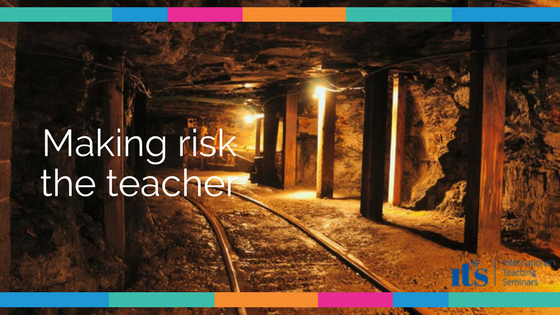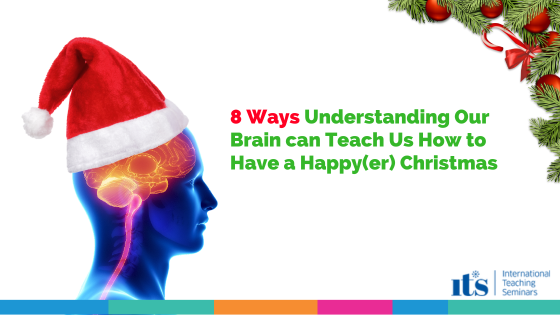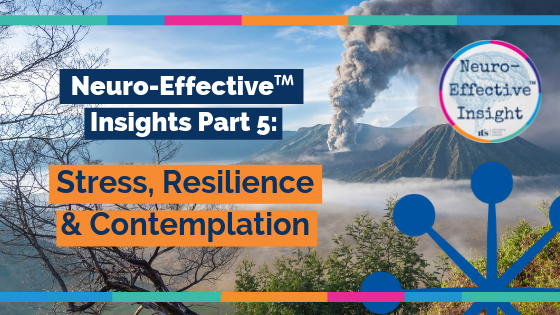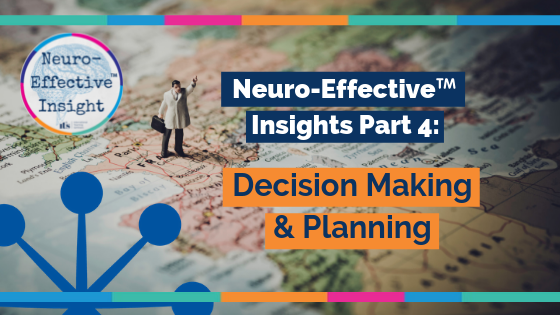I was recently in Johannesburg where I’m working on an on going project which is particularly close to my heart. In the UK Health and Safety has a slightly tarnished reputation, I think probably because directives are often seen as micro-managing and even trivial at times. However when you start talking about the world of mining it’s a very different story. This is a high risk industry. In the past week I’ve seen some very sobering photographs of just what can happen when people are not paying attention. Lives are changed forever.
We will never be able to render such working environments totally safe. Ultimately it’s not about the number of rules you have in place, but the kind of attention and mindful awareness that each person brings to the job every waking moment.
I have the privilege of working with a highly entrepreneurial and innovative organisation, committed to the care of their people. We’re seeking to increase the kind of adult awareness that can make all the difference both in the way people approach a job and the split second decisions they make. So we’re not trying to mistake-proof life by micro-managing people. Instead we start from the premise that not only is there risk but that Risk is the Teacher. Really we’re in the business of creating new mental habits that deliver safer behaviour. The ability to develop such habits has implications way beyond any one industry.
At one point I was sharing with the Safety Team how Michael Phelps had a coach who did some very curious things as part of his training. Instead of just helping him become better and better Bob Bowman would create unexpected obstacles which Phelps then needed to overcome. For instance he would cancel transportation home and tell Phelps he had to figure it out. On another occasion he said that there was no drinking water available so he would have to swim dehydrated. And the extreme of this was when he trod on his goggles, rendering them almost useless. The point of all of this was to ensure that there was one question that Phelps would always ask when confronted by such challenges and that question had an acronym, WIN – What’s Important Now?
So there’s Phelps at the 2008 Olympics about to do the 200m and early on finds that his goggles are leaking. Obviously this makes it hard to see what is going on and makes the turns difficult. However, Phelps by this time had a mental habit which meant he just clicked into asking himself the WIN question. What is important now?
So he stayed focused on his swimming and just kept going. The net result was not only did he win; he set a new world record. Afterwards he said that actually not being able to see meant he wasn’t distracted by checking where his competitors were in the water!
And the point of this? If we’re going to be at our best the real question is often how will we respond to the unexpected and do we have a sufficiently resourceful mind-set which can just click in like a habit when we need it?
Imagine the difference this could make in a high risk industry – or indeed in a person’s life. So this approach has huge implications for how we ensure people can excel and take care of themselves. One of the ways such a mind-set will manifest is that people will be more proactive, more resourceful and more adult. In short they’ll assume a leadership role in their own lives.
Such an approach needs first to be modelled by those in positions of responsibility. For me therefore it was particularly striking that I began with a room full of Safety Managers, but finished three days later with a team of self-described Safety Leaders.
I’m looking forward to our next meeting. Already I’m hearing about important practical consequences from this changing mind-set.





Leave A Comment